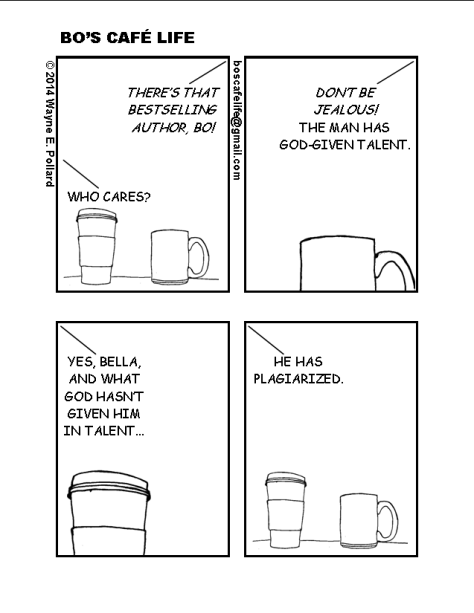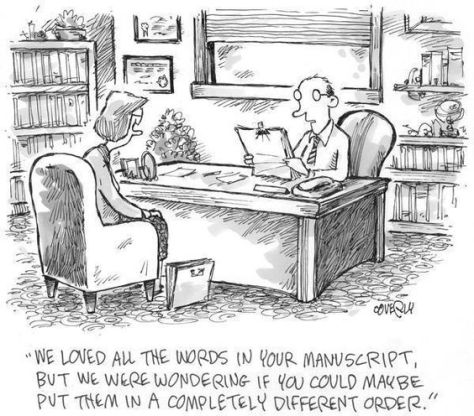Some of you may have seen author and blogger J.A. Konrath’s recent blog post about self-publishing called Your Marketing Plan Won’t Work.
http://jakonrath.blogspot.com/2019/06/your-marketing-plan-wont-work.html
It caught my eye, as in 2019 I’ve forsaken writing the sixth story in my Cornish Detective series in favour of marketing the first five titles—there’s not much point in baking another cake when the rest are going stale on the shelves!
I like Konrath’s grumpy, unfiltered and confrontational style of commenting on the publishing industry, and recognised much of what he says in his assessment of what worked to sell his own books. He sums up by saying:
BE CONSISTENT
My career has been all over the place, and I’ve tried so many new and different things. I’ve learned from my many failures, and if I had to do it all over, I’d tell my younger self:
“One brand, one genre, stop experimenting, stop being a perfectionist, and just write five good books a year in the same series. Make sure they are professionally edited and formatted, have great covers and descriptions, keep length under 75k words, and make sure they have updated, clickable bibliographies in the back matter, pre-order pages for the next release, and newsletter sign-up forms.”
That’s it. That’s the sum total of my years of knowledge and experience.
[read the comments below the article]
Broadly, he agrees with the oft-quoted William Goldman:

(from Adventures in the Screen Trade)
Like Konrath and crime writer James Oswald my self-marketing is relying on blogging and having a website devoted to my crime series, with a view to building a mailing list of potential readers to send a newsletter to; my social media presence will be minimal. I intend to follow Oswald’s tactic of making the first book free, self-publishing the sequel at the same time at an attractive price—hoping to get the ball rolling.
Who knows if it will work?
As Konrath says:
It still comes down to luck.
Stop worrying. This is all out of your control.
Stop trying to find the answer. There is no answer. No answer, no logic, no reason, not even any scientific cause and effect.
It’s all luck.
I’ve long had a stoical approach to life, which has come in useful over the last six years since I returned to creative writing. Editing and querying require infinite levels of perseverance.
As for luck, I don’t know, for it’s an elusive sprite that lands on some people while avoiding my own arm!
I’ll keep on keeping on, even though I miss writing, for I reckon that building an author platform online will be more of a help than a hindrance. As champion golfer, Gary Player is reputed to have said: The harder I practice, the luckier I get.
How much do you think that luck counts in your writing career?

















